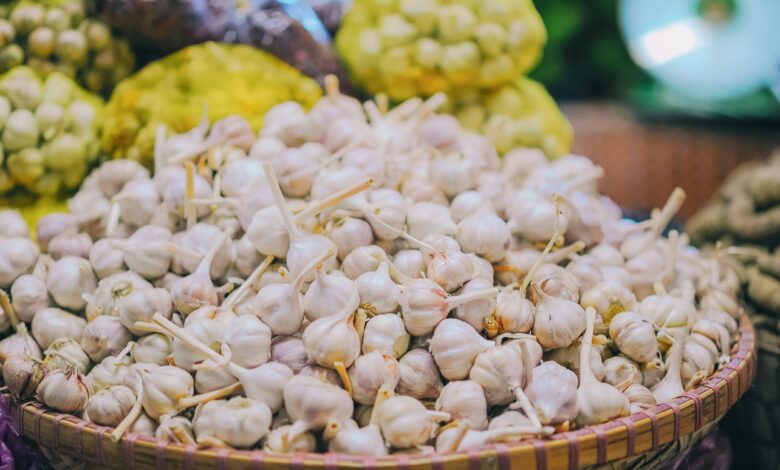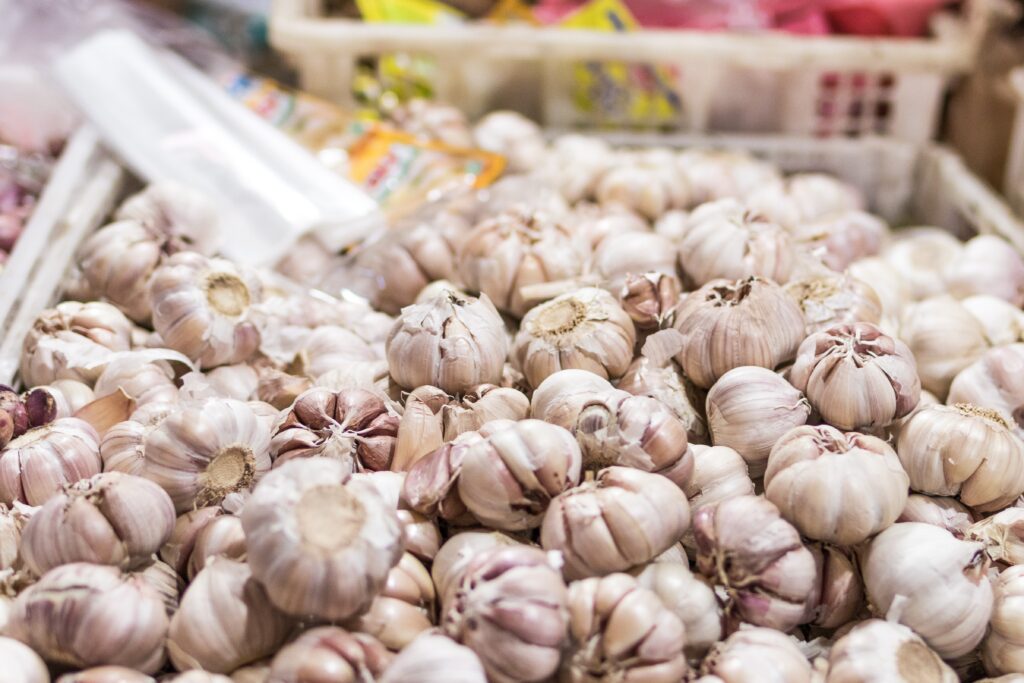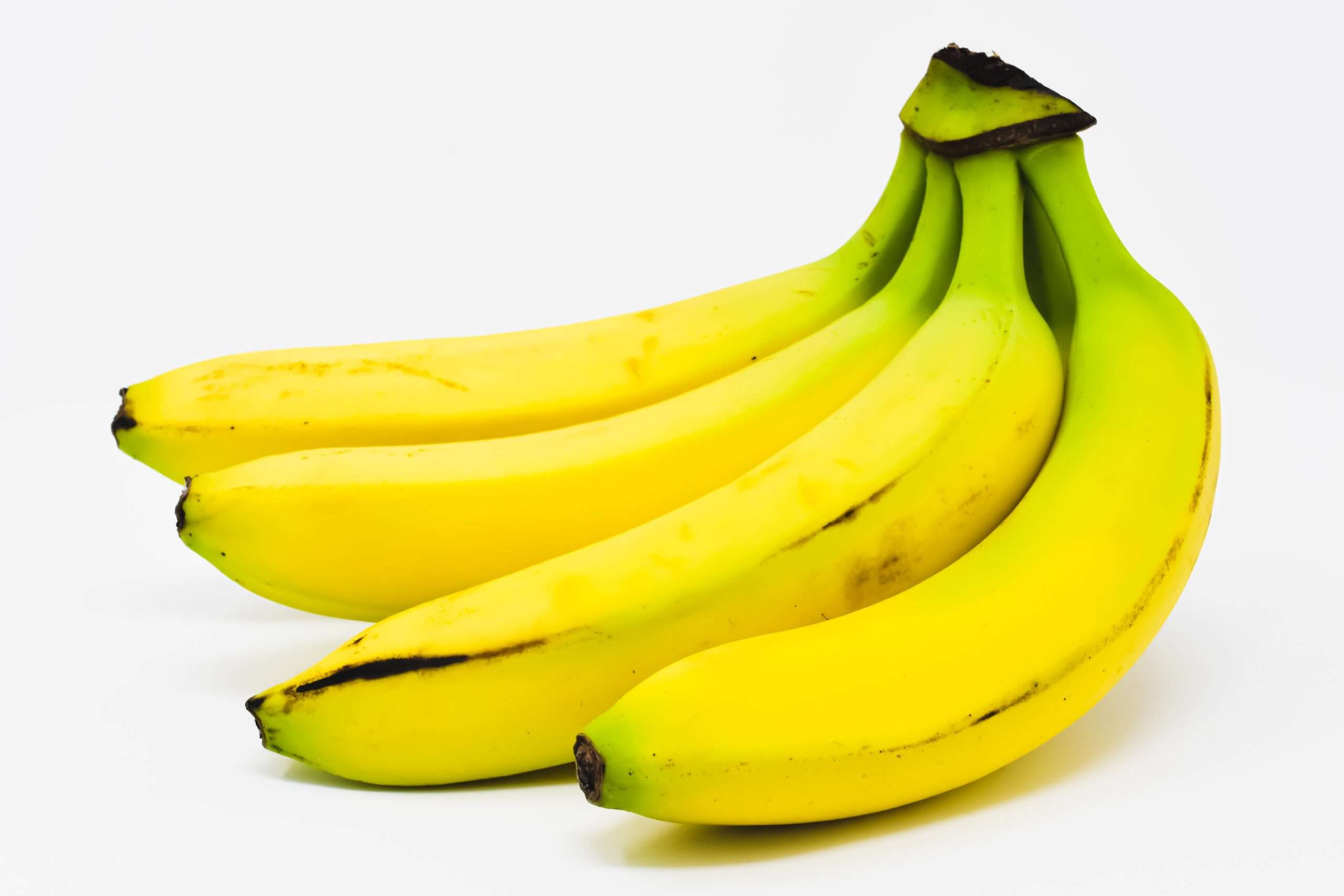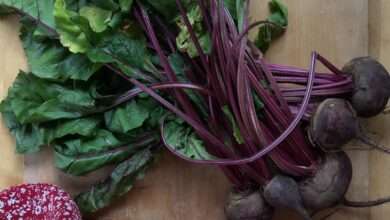
Contraindications and allergies
The very high concentration of active molecules in garlic is a valuable asset, but a double-edged sword. Indeed, garlic contains substances that can interfere with certain medications or damage the gastrointestinal barrier in sensitive people, especially if consumed in large quantities.
Interactions with certain drugs
Garlic extracts or supplements interact with certain medications that thin the blood or have a blood-thinning effect. Similarly, consuming excessive amounts of fresh garlic while taking certain blood-thinning medications may cause an additive effect, increasing the risk of bleeding. In addition, it is advisable to avoid consuming garlic before surgery to reduce the risk of prolonged bleeding. Finally, in people taking hypoglycemic drugs, the consumption of large quantities of fresh garlic could accentuate the effect of these drugs. In general, the consumption of less than 4 g of garlic (the equivalent of one clove) per day seems prudent in order to avoid any harmful interaction.
Garlic preserved in oil and the risk of botulism
Garlic can be stored in oil, which extends its shelf life. On the other hand, it is possible that garlic contains a bacterium responsible for botulism. Thus preserved in oil (without oxygen), the conditions are optimal for the development of toxins. Consumption of a spoiled product can lead to serious food poisoning which manifests itself in symptoms such as dizziness, blurred or double vision, difficulty in breathing, swallowing and speaking. The appearance, smell and taste of deteriorated oil will not necessarily change, hence the importance of respecting the following instructions:
- Always keep garlic preserved in oil in the refrigerator;
- Consume the homemade garlic oil immediately or within a week. Commercial garlic oils should contain preservatives (acids, such as vinegar, or salt): check the product label.
Other side effects of excessive garlic consumption
- Garlic can change the taste of breast milk. Breastfeeding women should therefore monitor their garlic intake during this period;
- Consuming a high and regular amount of garlic could alter blood glucose; people with diabetes should pay particular attention to this;
- Excessive consumption of raw garlic, especially when the stomach is empty, can cause gastrointestinal disorders: ingesting one to two cloves of garlic per day is a safe dose for an adult.





